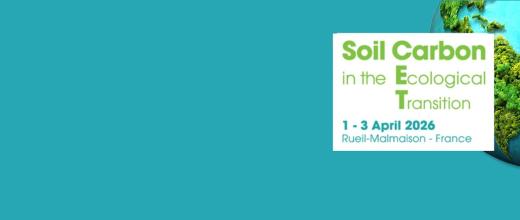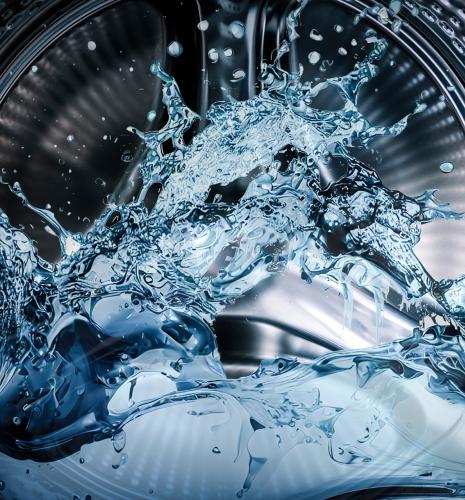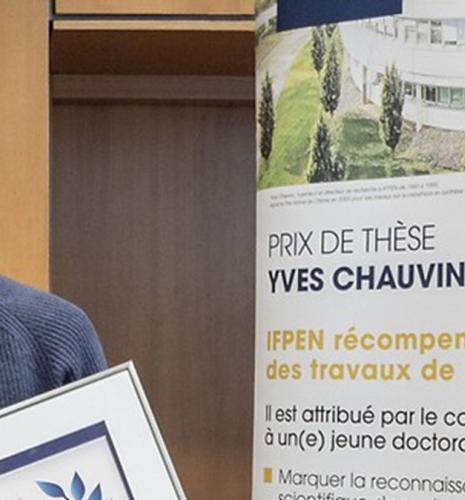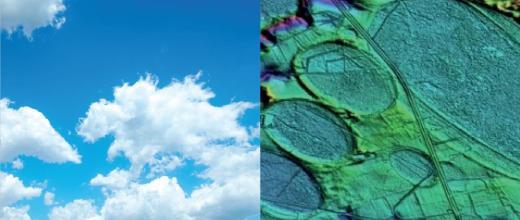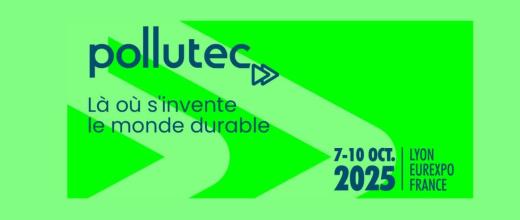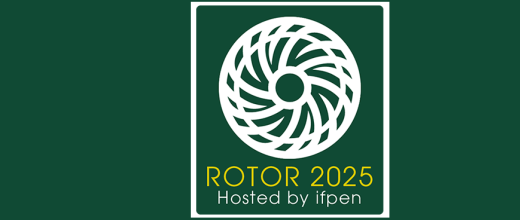Individual page
Jean-Marc GRATIEN
Research engineer in High Performance Computing and Artificial Intelligence
Engineer of Ecole Centrale Paris, Ocean engineering, promotion 1994 PhD in Computer Sciences, Université de Grenoble 2012 Expert in HPC, IA and Scientific software design Main contributor of the
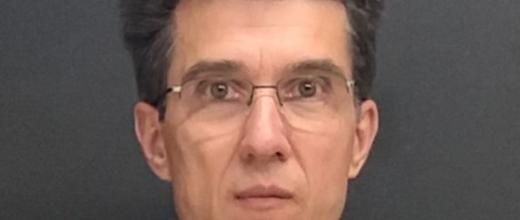
Individual page
Philippe BÉARD
Research engineer
Dr, PhD in Fluid Mechanics
Dr, PhD in Fluid Mechanics
PhD in Fluid Mechanics at ISAE-SUPAERO, Toulouse, France in 1994. Research engineer in the Systems Simulation and Modelling Department from 1996 to 2008. Since 2008, research engineer in the Chemical
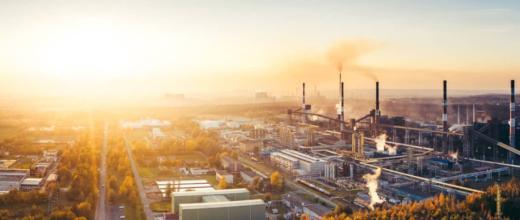
News in brief
IFPEN and the SPLEEN PEPR
IFPEN is co-pilot with the CNRS of PEPR SPLEEN, an upstream research component serving the national acceleration strategy for the decarbonization of Industry.
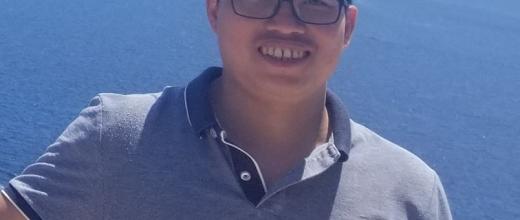
Individual page
Minh Tuan NGUYEN
PhD. Research engineer
Minh Tuan Nguyen completed an Engineer degree from Da-Nang University of Technology (Vietnam) in 2012, and a Master of Science degree from Ecole Nationale Supérieure de Chimie de Lille (ENSCL) and IFP
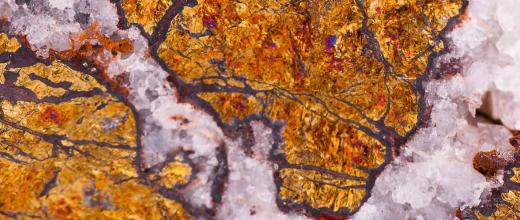
Innovation and Industry
Metal Recycling: Our networks
metal recycling our networks ANR GENERATE project with IRIS In 2020, IFPEN and the French Institute for International and Strategic Relations (IRIS) published their report on the research carried out as part of the GENERATE (Geopolitics of renewable energies and prospective analysis of the energy transition) project, financed by the

Innovation and Industry
Metal Recycling: Our solutions
IFPEN’s research activities are aimed at proposing eco-efficient rare earth production and recycling technologies to support the development of new energy transition sectors.

Innovation and Industry
Metal Recycling
METAL RECYCLING Overview and challenges Technological innovations developed to support the energy transition make use of critical or strategic metals: These refined minerals and metals are used for: electric vehicles: cobalt, lanthanum, lithium; fuel cells: platinum, palladium, rhodium; wind energy technologies: neodymium, dysprosium, terbium; aviation: titanium; photovoltaic solar technologies: cadmium
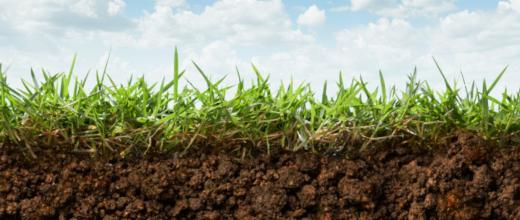
Issues and Foresight
Soils, carbon sinks and climate players
Soils store carbon in the form of organic matter and release it as gas into the atmosphere, primarily in the form of CO2. When they store more than they release, they act as so-called “carbon sinks“. Therefore, soils can play a role in climate change mitigation strategies. Europe, spearheaded by France with its Low-Carbon label, encourages agricultural and forestry strategies promoting carbon storage in soils.

Issues and Foresight
Water cycle management and climate change
Water resources are becoming scarcer as they come under increased human and climate pressure. Over-use, drought, pollution and eutrophication* are complicating management of the domestic water cycle, including in Europe, where one third of the territory is exposed to high water stress.
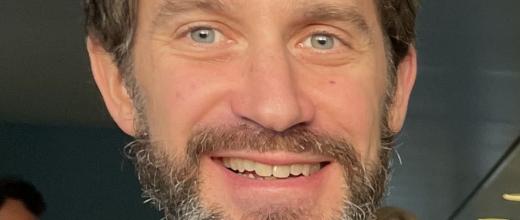
Individual page
Sébastien ROHAIS (PhD)
Sébastien Rohais is geologist from the Albert-de-Lapparent Geological Institute (IGAL, UniLaSalle, MSc 2002), MSc from the National School for Petroleum and Engines (ENSPM, IFPSchool, 2003), doctor



